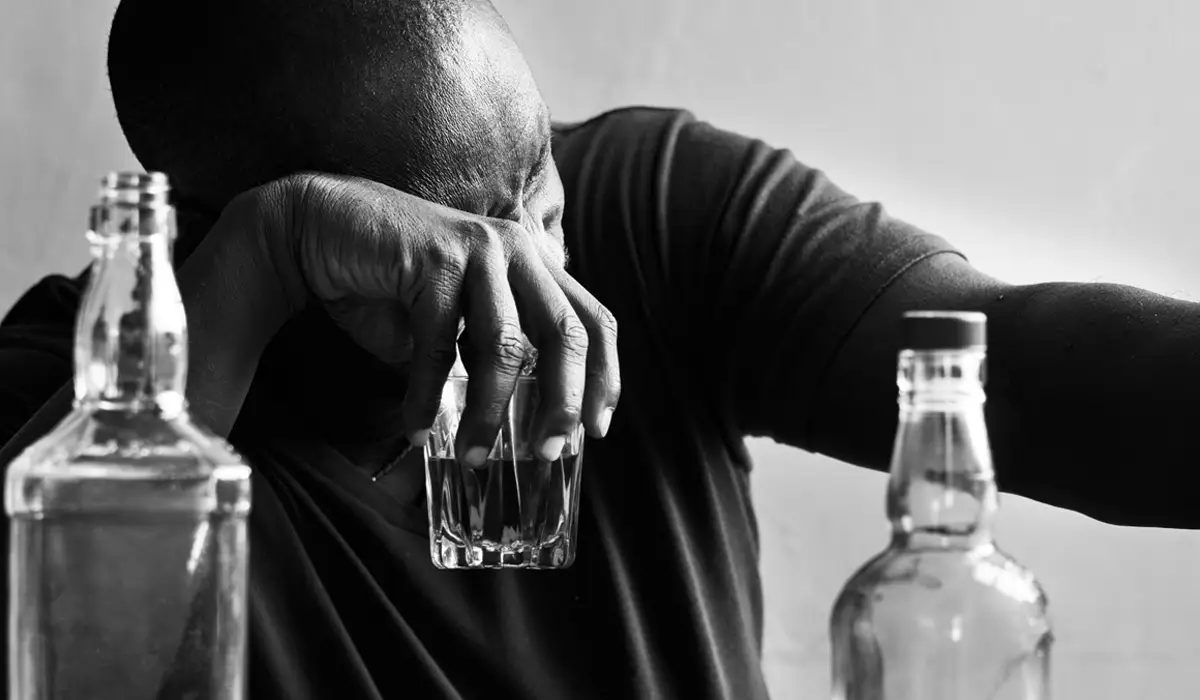
The Pressure Behind Forced Rehabilitation
When a loved one is trapped in the grip of addiction, families (and communities) often face a heartbreaking reality: they feel compelled to consider forced treatment as a final hope. But beneath the urgency and fear, a haunting question persists—does forcing someone into treatment actually help?
The Effectiveness Question: Who Really Benefits?
While mandatory addiction treatment programs are frequently used around the world, the effectiveness of the approach remains unclear. Who really benefits from it – the treatment centres (with their hefty charges, often half required upfront) or the person in recovery? Is it a compassionate intervention or just a pricey temporary fix? The lack of clear answers leaves families navigating a maze of guilt and doubt.
More research into the efficacy of forced rehabilitation needs to be carried out, and this involves listening to the voices of those who have lived through these programs, and challenging assumptions about what recovery should look like. Only then can we replace stigma and guesswork with humane, evidence-based solutions.
Real-Life Dilemma: Gregory’s Story
Gregory Deng, a South Sudanese acquaintance based in Kampala, shared his family’s dilemma with me;
“My brother grew up in Canada and has become a serious drug user and alcoholic. While in Canada, he worked only a few days a month, doing especially handyman work, and as soon as he got his pay, he drank, smoked, and snorted all his money. And after each binge, he’d head back home to fight with our parents. My parents managed to trick him to get him to Uganda. After being tricked into coming to Kampala (at the time, war tensions in Sudan were progressively de-escalating), it was not long before he was back to his old ways – binge drinking heavily. Thankfully, he seemed to have failed to access drugs…” Gregory paused a short while, tears visibly welling in his eyes.
We’ve been desperately trying to get him to go to Sudan, but he is refusing, and because he has a Canadian passport, we cannot force him. He wanders the slums alone in the middle of the night. We have told him many times that this is dangerous, and if he must drink, at least be home by 11 pm, but he completely ignores us.
Last night, he was arrested, found drunk wandering somewhere he should not have been. This boy has given us nothing but trouble in this city, and we are seriously considering that if he does not go to Sudan, we will force him to go to Rehab because at this rate, he is going to die!”
This is just one case in several, where families are at their wits’ end on which route to take to help their loved one’s battling addiction.
Related Stories: The Importance of Boundaries in Relationships – Building a Healthy Friendship
Related Stories: How to Tell a Fake Designer Bag: What Defines an Original Handbag
While there are some recovery success stories, the number of those that got worse – that dived right back into the deep-end of abusing drugs and alcohol – is undocumented.
Drug Addiction Is More Than Just a Chemical Problem
Drugs change the brain’s chemistry, making it hard to quit. Medication can help with these chemical effects, but addiction also involves societal, psychological, and personal factors. Advocates for forced inpatient treatment proclaim that individuals struggling with addiction often do not realise how bad their situation is, and do not seek help until it is too late.
However, the use of a ‘one-size-fits-all’ approach in many forced rehabilitation programs fails to address the unique individual needs and circumstances of each person.
Risks of Forced Rehab
The risk of physical harm as a result of excessive force during compulsory intervention, and the use of harsh treatment to subdue the individual, including physical restraints, sedation, and isolation, can cause damaging long-term psychological effects.
Related Stories: Absent Fathers in Uganda – Only 5% Are Present: Modern Parenting Challenges
Related Stories: When Drinking and Stealing Become Red Flags: Would You Still Date Her?
Does Forced Rehabilitation Work?
Some studies have shown that individuals who are compelled to undergo addiction treatment are less likely to complete treatment successfully than those who voluntarily seek treatment. The lack of personal motivation scoring high among the factors for a high relapse rate. If someone doesn’t genuinely want to recover, they might not fully participate in treatment, which can limit their progress and increase the chances of relapse after leaving.
The individual in recovery will resent the treatment process, fuelled by feelings of anger and resentment, making progress in their recovery near-impossible.
Emotional and Social Fallout
An essential part of addiction treatment includes ongoing therapy, attending Alcoholics and Narcotics Anonymous meetings, and seeking help from sponsors to maintain sobriety. However, individuals who are forced into rehab often cut off contact with their counsellors, recovery peers, and support groups.
This approach also strains relationships with loved ones, the person in recovery feeling betrayed by his/ her family members and friends who facilitated their admission.
Related Stories: What is Bedspace? A Cheaper Rent Option for Kampala Workers?
Related Stories: Do You Really Need 8 Hours of Sleep, I Put It to the Test
Alternatives to Forced Inpatient Treatment
There are a number of more viable treatment options to forced inpatient treatment, including harm reduction, medication-assisted, behavioural therapies, counselling, family therapy for addiction, and peer support. Peer support involves meeting with people who have experienced addiction and are in recovery. They offer support, mentorship, and a sense of community, giving hope, especially to those who have faced stigma, isolation, or trauma.
Compiled by Alfred Galandi